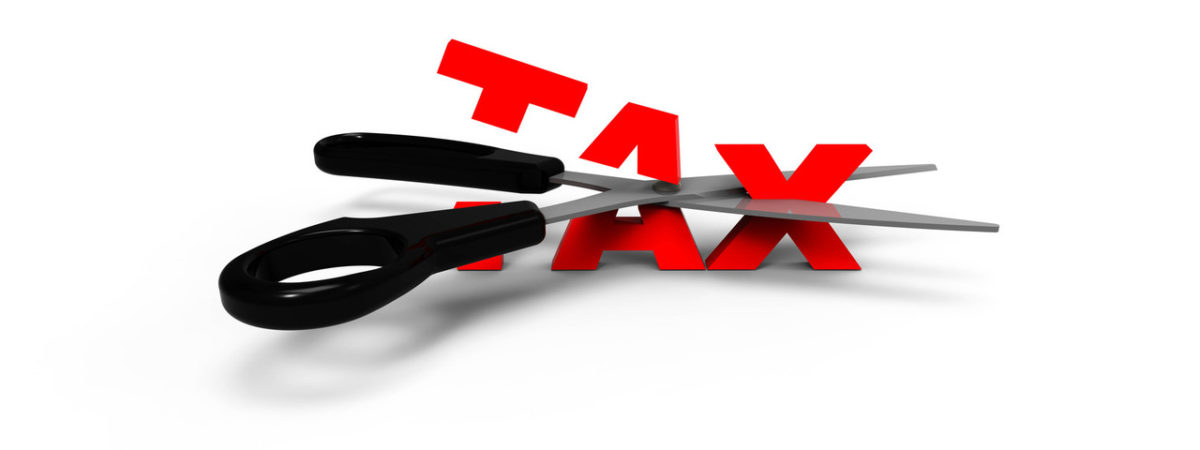Hard to believe, I know, but: George Monbiot is wrong
SUGGESTED



Yesterday we here at the IEA enjoyed his three-monthly, “the influence of money is destroying democracy” column. We particularly enjoy this one because the IEA always gets a mention. Today he complained about the fact that, according to the website TobaccoTactics.org, we receive money from tobacco companies and we write about the regulation of tobacco:
“Last week the IEA published a report inveighing against the UK’s smoking ban and tobacco packaging law. This was picked up across the media, but with never a word about the institute’s funding.”
It is strange that Monbiot believes that this kind of thing undermines democracy. In fact, his complaint reveals an underlying idea that is entirely hostile to democracy.
Start by noting that think tanks are not like law firms. We will not take any old position, provided we are paid to. The IEA is a free market think tank and we attract donors on that understanding. Monbiot might find this hard to believe but never mind, because it is of less relevance than he thinks.
Monbiot’s obsession with “who pays” is an example of what, in my book Bad Thoughts (shameless plug!), I call the motive fallacy. He believes that knowing someone’s motivation for saying something helps you to know whether what he says is true. Monbiot doesn’t engage with the arguments and evidence provided in the IEA’s publications. He simply complains that we have donors he doesn’t like, as if that were enough to show that the author is wrong.
If the absurdity of this is not immediately obvious, consider a criminal trial. The prosecution lawyer says the accused did it; the defense lawyer says he didn’t. Both have been paid to take these positions. But they can’t both be wrong, as Monbiot’s “logic” suggests. That is why the jury must attend, not to the motives of the lawyers, but to the cases they make.
The matter is no different in debate about tobacco regulation or any other matter of public policy. The cases made by IEA authors – or any other authors – are no better or worse than the quality of the arguments and evidence they contain. The source of the author’s salary is completely irrelevant; it can neither strengthen nor weaken the case made.
It might be relevant if the author was simply asking readers to take his word for things: “Trust me, smoking bans are a bad idea, alright?”. But, of course, neither the IEA nor anyone else involved in serious debate proceeds in that manner. Why should anyone be influenced by mere assertion, whatever the virtues or vices of its sponsor?
Monbiot seems to see political debate as a non-rational process. If people are influenced by an IEA publication, that is not because they have been persuaded by its argument. It is more like a gas attack. We publish a 150 page book full of dense argument about welfare economics, sampling error and the like, and people swoon into a mindless acceptance of the sin-sponsored ideas we are peddling.
Imagine for a moment that he is right in his gas attack theory of political persuasion. What follows? In Monbiot’s view, what follows is that contributions to political debate should be tightly regulated. Here is how he begins his column today:
“How is this acceptable? A multimillionaire City asset manager has pledged to spend up to £700,000 on ousting Labour MPs who campaigned against Brexit. Jeremy Hosking will use his money to ensure that there is as little parliamentary opposition to a hard Brexit as possible. Why should multimillionaires be allowed to try to buy political results?”
But if political persuasion is a kind of mind altering gas attack – if campaigning can simply “ensure” or “buy” results – why should anyone be allowed to use it, multi-millionaire or not? Why is a Labour Party political broadcast any less pernicious than an IEA report on the folly of tobacco regulation?
I do not know if Monbiot has thought this through. But I suspect he believes that only the virtuous should be allowed to wield the powerful gas of political persuasion – good chaps like him and not pro-Brexit multimillionaires. When the voters can so easily be persuaded, only people with the correct opinions should be allowed to do the persuading.
Talk about a threat to democracy!
13 thoughts on “Hard to believe, I know, but: George Monbiot is wrong”
Comments are closed.




Excellent point. One of the most used arguments against climate contrarians is that they are funded by “big oil” or some such, and so their position is obviously wrong.
Your analogy to a court trial is perfect and I shall use it in future. Well done.
Of course Mr. Monbiot is paid by the Guardian (one assumes he doesn’t do it for nothing), so his views should be discounted out of hand.
Hmmm. A column in a newspaper is a little different from an injection of many pounds into an election campaign. Let’s just have overt funding of elections – who funds you?
Regarding your lawyers argument. Do the lawyers care about the truth, or is their “truth” paid for by a client? I guess you are making the argument that ‘the buck’ stops with the politician, who will make the decision based on the evidence.
However, I think we are all intelligent enough to recognise that policy is not always (infact, less and less now) based on evidence. Therefore, is it not perverse to be paid to ‘discover’ a rationalisation for your client, and the decision be made by someone with an agenda. Then blame the decision on the agenda, rather than the fact that it was based on a biased report paid for by another biased party?
In other words, you are supply the resource of a justification.
Oliver Scott, My point about lawyers is just that we cannot conclude they are wrong from the fact that they have been paid. Because, in a criminal trial, the lawyers on both sides have been paid but they cannot both be wrong.
Dear Jamie,
I agree that just because someone is payed to adopt a certain view, it doesn’t necessarily mean that that view is wrong, however, it does mean that you have to preach that view to receive your cash. We also know that the love and pursuit of money can distort morals and this knowledge can undermine our confidence in the veracity of the arguments proffered. I think it is also fair to say that we believe what we want to to a certain extent, you know, we are nudged to believe what the money says we should – see Mr. Trump for details! All these do tend to undermine the case of those being payed to expound a particular view.
Anyhow, I think your comment that Mr. Monbiot is a ‘threat to democracy’ is rather indulgent and wishful thinking. It seems to me he only wants a bit of fair play. After all, if £700,000 would make no difference to ousting Labour MP’s, why part with it? So, if money can make the difference (and presumably Jeremy Hosking thinks it will) the wealthy, if allowed, will spend it to protect their position. So, you see, I think its the level of sponsorship and not the contribution to political debate that George Monbiot wants regulated, so that the quality of the political argument is all that people can be influenced by. A level playing field if you will.
YES George monbiot is in fantasy land a world of his own and bad for the guardian but so are so many people that read his trash
A lawyer will make the best case possible for his client, leaving out or downplaying damaging material. George is simply saying, same with this lot. I know that anything coming out of this house is going to be biased, albeit not necessarily wrong, causing me to dig deeper and not immediately take the argument on face value.
Libertarian think tanks will always try to fit an issue into a free market solution, no matter how big the ugly step sister’s foot is for the glass slipper. Fine. Keeps us all sharp. I’m just going to be mindful and look harder.
George isn’t “wrong”
It is strange that (to borrow a phrase) this piece doesn’t provide a link to the George Monbiot article to which it responds, but it’s easily found: https://www.theguardian.com/commentisfree/2017/may/17/dark-money-democracy-billionaires-funding . It’s also strange that there is no mention of Monbiot’s most important point about the IEA and its funding by the tobacco industry (there are links to back up his points in the original):
“The Institute of Economic Affairs (IEA), the Adam Smith Institute and Policy Exchange […] refuse to reveal any information about who sponsors them. […]
“The industry whose funding we know most about, thanks to a legal settlement that forced open its archives, is tobacco. We now know, for example, that the IEA has been sponsored by tobacco companies since 1963. It has received regular payments from British American Tobacco, Imperial Tobacco, Japan Tobacco International and Philip Morris International, which has described the institute as one of the groups that would “establish an echo chamber for [Philip Morris] messages”.”
Perhaps it’s not so strange after all. It will be interesting to see whether the IEA, as a free-market thinktank, is committed enough to the free market of information and ideas to publish this post.
At least we know who is paying Mr Monbiot ☆ unlike the representatives of the IEA …..
@Neil Foxlee
It’s almost as though you didn’t read a single word of the article.
>I do not know if Monbiot has thought this through.
Monbiot hasn’t thought anything through in his life. Nor have the Guardianistas in this comments section.
The analogy between a think tank and a hired lawyer is flawed. Think tanks present themselves before the public opinion and before decision-making instances as research-oriented, objective organisations in search of hard facts, not as partisan players in a debate. That’s what in-house spokespersons are for. Guild associations, PR agencies, syndicates: those are the lawyers.
The accurate analogy is with expert witnesses. If an expert witness appears in court and then known to have received money from one of the litigants, his or her deposition would be seriously undermined, even being considered as fraudulent. Much more so if the monetary relationship has been undisclosed.